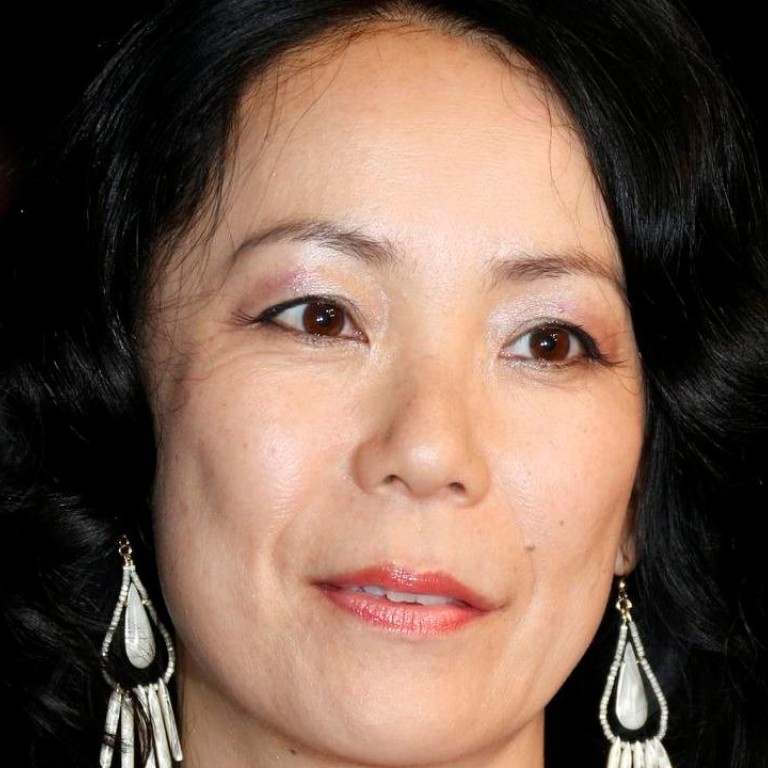
Japanese filmmaker Naomi Kawase aims to win Palme D'Or in Cannes
Naomi Kawase, the first Japanese director to be a member of the Cannes jury, returns to competition this year with a film she has dubbed her "masterpiece".
Naomi Kawase, the first Japanese director to be a member of the Cannes jury, returns to competition this year with a film she has dubbed her "masterpiece".
And for an auteur who has already bagged the Camera D'Or and the Grand Prix, her sights are set on the top honour - the Palme D'Or.
"There is no doubt that this is my masterpiece," she said of - the literal translation is, "The second window", but is titled in English, - which has been selected to compete in this year's premiere competition.
"This is the first time that I have said this about a film.
"After the Camera D'Or and the Grand Prix, there is nothing I want more than the Palme D'Or. I have my eyes on nothing else."
Kawase, a 44-year-old divorcee and mother, is a high achiever in Japanese cinema and one of only two women in contention for the main prize at Cannes this year.
Her work, including the disturbing , a 2010 documentary about natural childbirth, is much admired for its commentary on the human condition.
Kawase's parents were already separated by the time she was born. They divorced when she was around 18 months old.
She was raised by her aunt and uncle, a childless couple that she has previously said "my aunt didn't have a child, so she and her husband "took care of me like their real daughter".
That family has remained central to her throughout her adult life - surviving the death of her adoptive father at the age of 14, she lives with her adoptive mother to this day.
In her 1992 work , she explores the meaning of her family and her own identity, looking at her search for the father she never knew.
The 1994 documents her life with her adoptive mother, highlighting the warmth of ordinary life.
Kawase has never achieved a great deal of commercial success, having spent her entire career in independent film and documentary circles that have nonetheless brought great critical acclaim.
It is, in Kawase's words, the job of cinema to "concentrate on love or passion", characteristics that saw her thrust into the Cannes spotlight on last year's judging panel.
"Being on the jury was a rare experience," she said in Tokyo last month. "I could really feel then, as a writer and as a human being, that cinema cannot exist without love."
is an ode to nature, which explores relations and family through the lives of two teenagers growing up on Amami Oshima, an isolated rural island off the southern coast of Japan.
